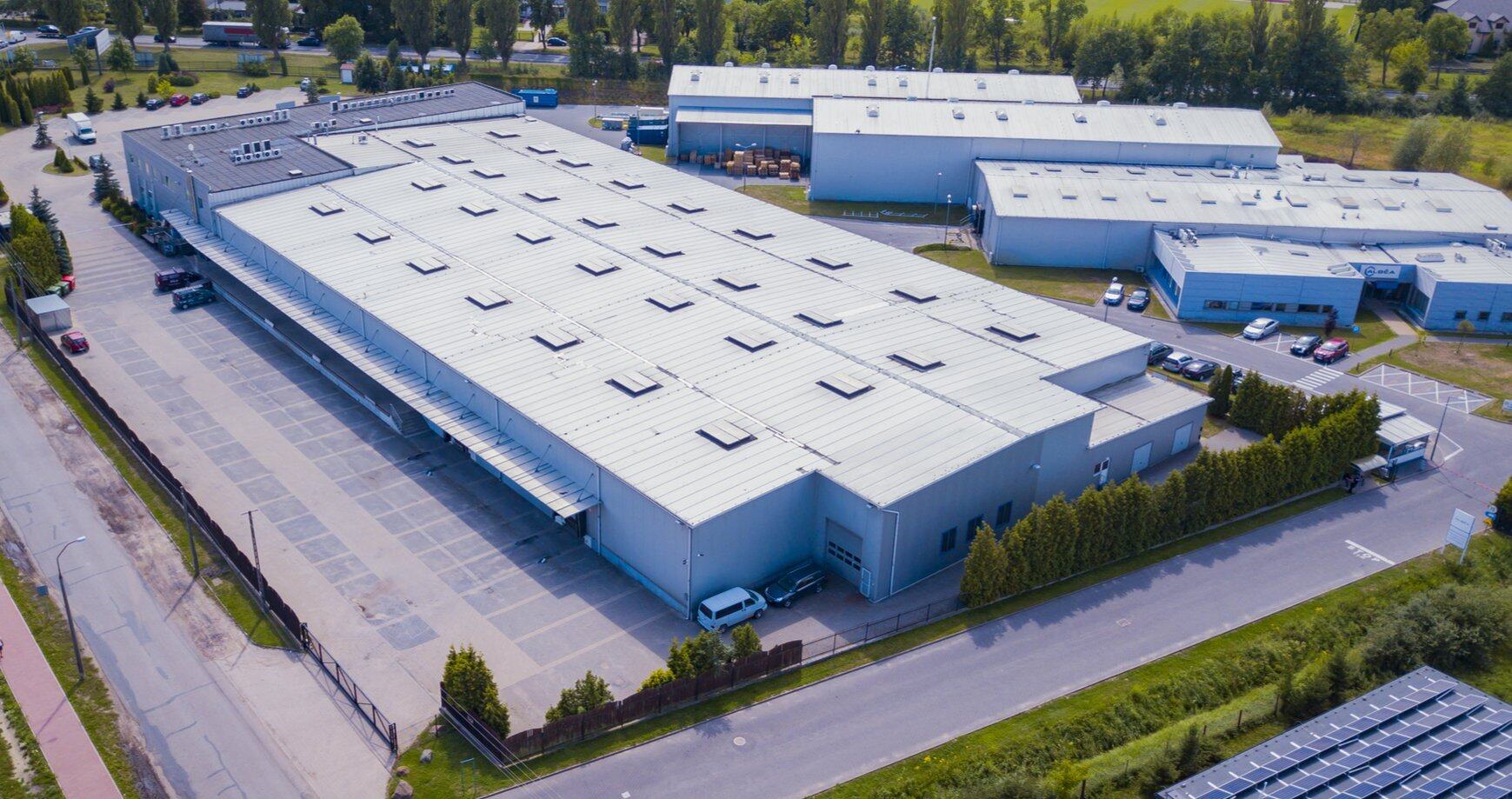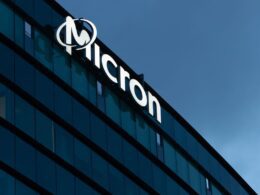South Korean conglomerates have eagerly invested in multibillion-dollar projects in the United States during the first half of President Joseph Biden’s term. However, they now face escalating capital costs and political uncertainty ahead of the upcoming U.S presidential elections.
Case in Point: Samsung in Texas
The Korea Times recently cited the initiative taken by Samsung Electronics to construct a new factory in Texas to locally produce 4-nm chips this year. The initial budget of $17 billion is already proving insufficient as the construction alone has demanded $8 billion due to rising material prices and labor costs. According to American statisticians, the cost of construction work in the U.S has increased by nearly a third over the past three years.
Corporate Revisions to U.S Expansion Plans
In light of these challenges, South Korean companies are having to revise their U.S factory construction plans. LG Energy Solution, for example, has had to abandon its intention to build its fourth battery manufacturing plant in Indiana along with General Motors. Similarly, SK On, who began similar projects with Ford Motor in Kentucky and Tennessee, is now experiencing construction delays in the former state. This is due, in part, to demand for electric cars not growing as robustly as investors had forecasted. Moreover, SK On has also reported increases in its operational losses, which could reach $526 million by the end of this half-year.
Expectations from the Korean Government
These companies are now relying on the Korean government to negotiate with the U.S for adequate subsidies for these projects given the current economic climate. However, political focus in the U.S is shifting to other issues as the autumn elections draw nearer, making financial assistance from the U.S authorities increasingly uncertain. Foreign businessmen are also hesitant to bank on the support of Donald Trump should he return to power.





